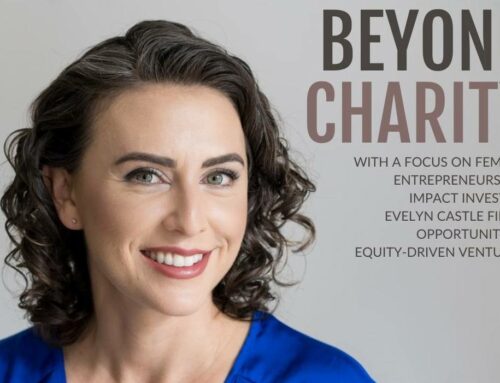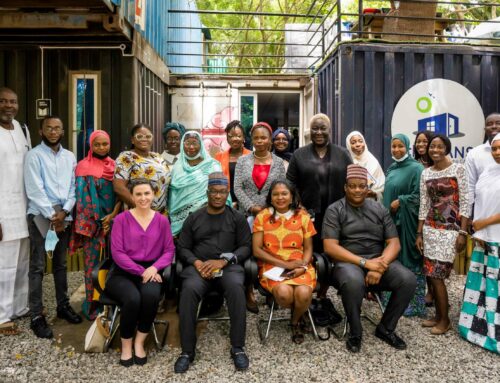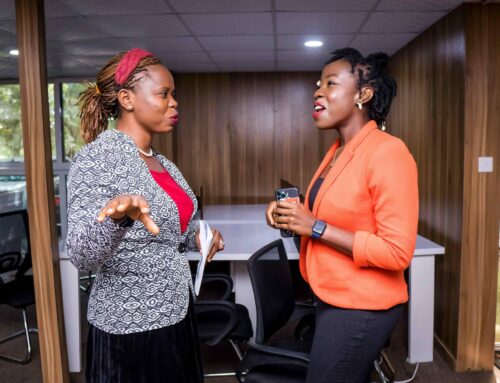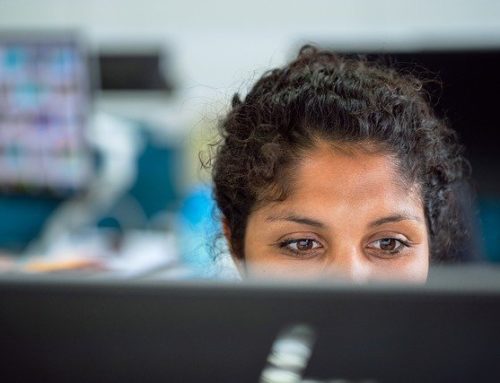After traveling to Nigeria for the first time in the summer of 2009, I told an interviewer that the nation’s healthcare system was among the worst in the world, and after returning for good a year later, endeavored to effect change through the social ventures I co-founded, notably eHealth Africa and EHA Clinics.
We instituted the nation’s first electronic medical records system, and later contributed to the eradication of polio and the containment of Ebola. But our ultimate goal in Africa’s most populous nation (201 million) was to help its citizens, 70 percent of whom live below the poverty line, achieve some degree of self-sufficiency.
My belief then, as now, was that aid only accomplishes so much. The only way to make sustainable change is by supporting enterprises on the ground. That was the mission not only with those two organizations but the one I co-founded in January 2021, eha impact Ventures, which is geared toward supporting female-owned small and medium-sized enterprises.
Still, Nigerian healthcare remains an enormous issue, one that has been brought into sharper focus by the COVID pandemic. Adequate care is difficult to come by, and the result is a horrible human toll, one that goes well beyond the thousands of documented and undocumented people who have lost their lives to COVID-19.Â
The World Health Organization reports that the nation’s average life expectancy is just 54.5 years of age, the third-lowest in the world, with the leading causes of death neonatal disorders, malaria, diarrheal diseases and lower respiratory infections.
The problem is multi-faceted. Not only are there not enough doctors to care for those in need — just .3 for every 1,000 people — but residents can’t afford care. Just one percent of Nigerians have health insurance, and nearly 72 percent of their healthcare expenditures are paid out of pocket. That leaves too many with the terrible choice between healthcare and other necessities, like food or housing.
Certainly the situation has been exacerbated now, to the point where a man who could presumably afford care, Dr. Dele Omojyige, the Deputy Provost of the Nigerian Institute of Journalism, was unable to find a hospital bed for his ailing wife despite visiting five healthcare facilities over seven hours. She died as a result.
But even in the best of times, those of means sought care elsewhere. Nigerians have spent $11 billion over the last 10 years on healthcare in other countries, while at home spending in that sector lagged. Just 4.05 percent of the 2021 national budget was devoted to healthcare, down from 5.58 percent 10 years earlier.
There are those who believe such spending must increase to nearly 15 percent. And meanwhile universal healthcare, like that which is seen in African nations like Botswana, Rwanda and Ghana, is seen as a possible alternative to those lacking insurance.
But it really comes back to sustainable change — to organizations like ours, that enable people throughout the country to stand on their own. They need the means to find solutions, to forge ahead. That’s the ultimate answer.





Leave A Comment